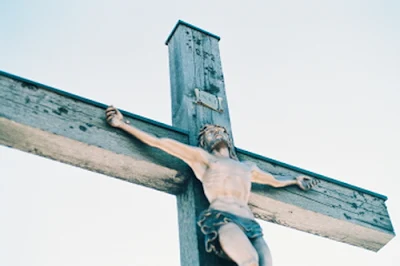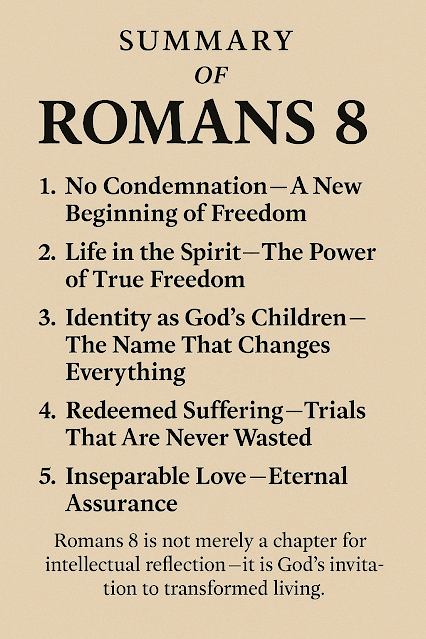A Heavier Kind of Merry Christmas
Christmas is returning once again.
 |
| Photo by Joanna Kosinska on Unsplash |
Why that particular charge?
To the religious and political elites—the Sadducees and Pharisees who ruled the world—His radical spirit of transformation must have felt deeply threatening. They could never tolerate doctrinal deviation or religious defiance. To allow such change would have meant the end of their very foundation.
He walked among the poor, the sick, the abandoned, the marginalized—proclaiming that they too were the beloved children of God. Those who deemed themselves righteous and chosen, who looked down on the outcasts as unredeemable sinners, must have seethed at this man. They saw a holy and blameless figure—and yet branded Him with a political crime and killed Him under the label "King of the Jews."
So how are things now? Are they really any different from back then?
Well—maybe they are. Quite a bit, actually. In recent years, we’ve seen things we never thought we’d see. “Some” pastors and monks have shown us actions so disgraceful and shocking that it’s hard to believe they even pretend to serve anything sacred. They’ve become slaves to money and lust, indulging in corrupt and filthy behaviors without a second thought. But let’s be honest—calling them just “some” is no longer enough. The real problem lies with the majority who stand by and do nothing, who neither speak out nor stop them. That silent majority may be the greater sin.
Whenever someone tries to do something meaningful—whatever the story behind it may be—whenever someone tries to raise their voice in frustration, to care for the abandoned or the marginalized, to speak of peace and reconciliation, they’re immediately labeled. Populist. Pro-North. Leftist. Heretic. It’s as if any effort to make our society more just, cleaner, or fairer is met with suspicion and contempt. And then I wonder—maybe the truth is that there are people who really don’t want things to get better. Or worse, perhaps those people are the ones who hold all the power.
At a time like this, I find myself asking: where are those who should be carrying the spirit of Christ in their hearts? The ones who are supposed to live and proclaim His message with their entire being—what are they doing? Where have they gone? It shouldn’t be that hard. Just do what He did. Just follow His steps.
Instead, they toss aside the bitter cup and clamor for the sweet ones—grace, blessing, glory, resurrection, eternal life. It’s all they want. They commit any sin, then declare they’ve repented, and expect that to be enough. This kind of faith has become deeply self-centered. There’s no selflessness left, only exclusion and arrogance. It’s a faith that’s grown wild with stubbornness, poisoned by its own sense of superiority.
And for someone like Christ—who still tries to reach out to people like us, who still hopes to save us—what must be going through His heart?
I feel ashamed and afraid to call myself a Christian. The path of salvation remains so hard to walk, so difficult to live out. I don’t even know when—or if—I’ll ever set foot on it. I want salvation, but I recoil from the sacrifice and responsibility it demands. Isn’t there an easier way?
 |
| Photo by Christoph Schmid on Unsplash |
And yet, this year again, that gentle Child comes. To save people like us—He humbles Himself to a feeding trough of dry straw, suffers again, is condemned again. He comes like water—always flowing toward the lowest places. Though unseen, He embraces the skies, the seas, and all creation. He is with us in snow, rain, clouds, and rivers—the one who brings life to the thirsty. Even when frozen by cold or evaporated by heat, His being never vanishes. He is clear and transparent—revealing the truth about ourselves that we cannot see on our own. He washes the world's filth away.
Maranatha. Come, Lord Jesus. Come and save us.





Comments
Post a Comment